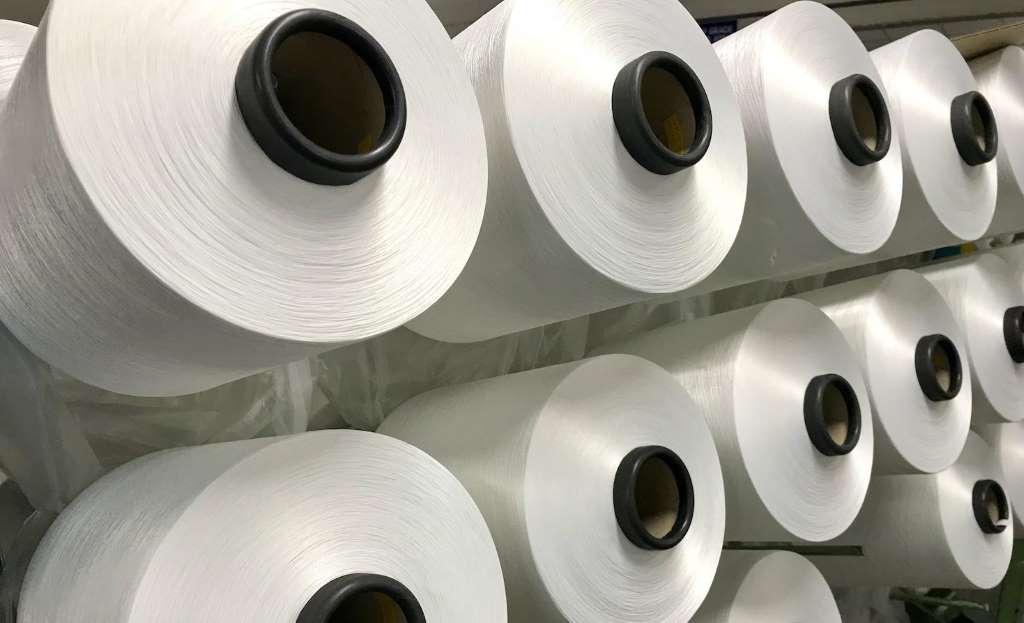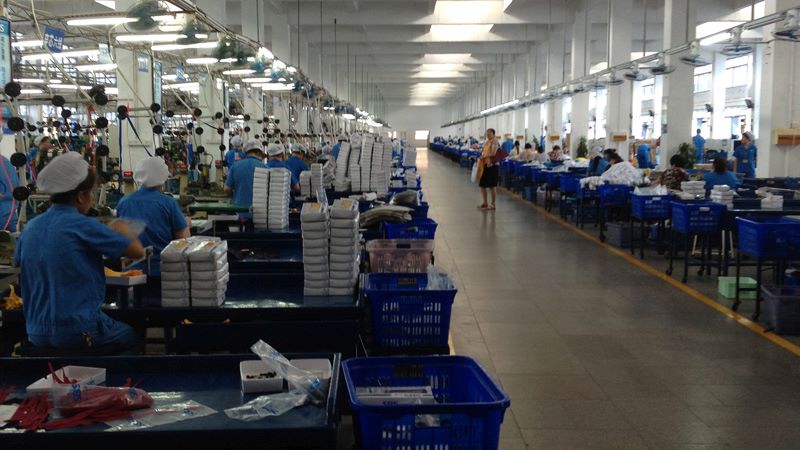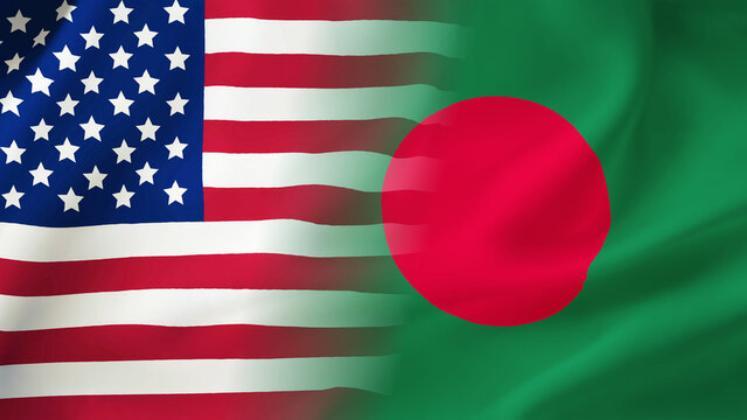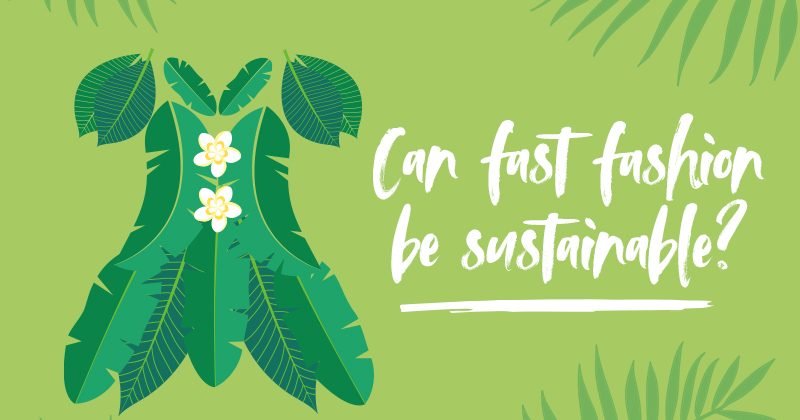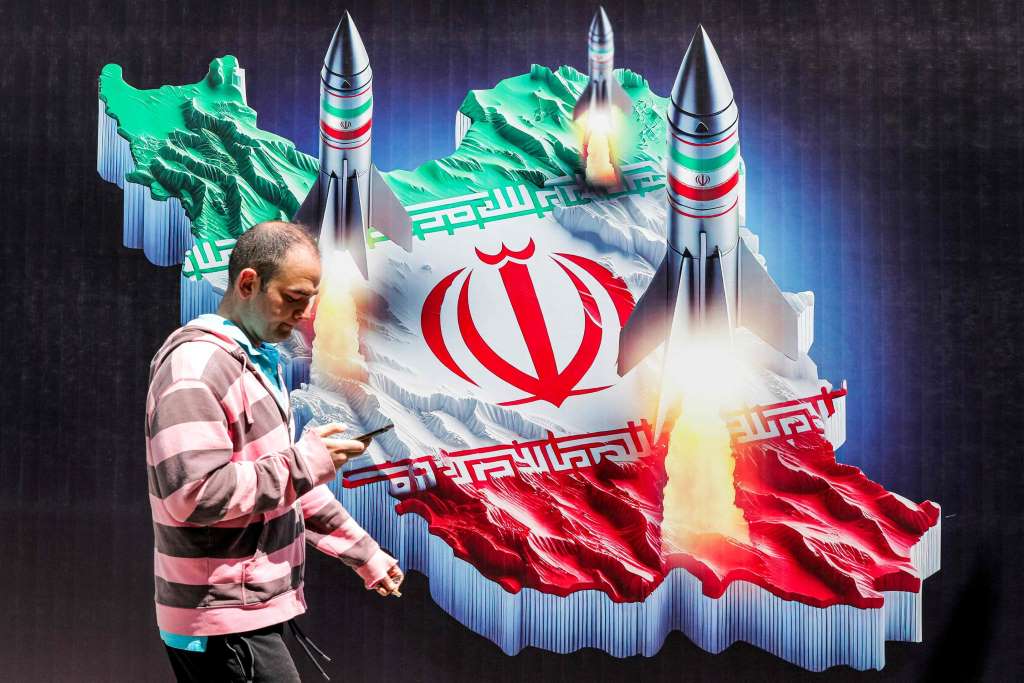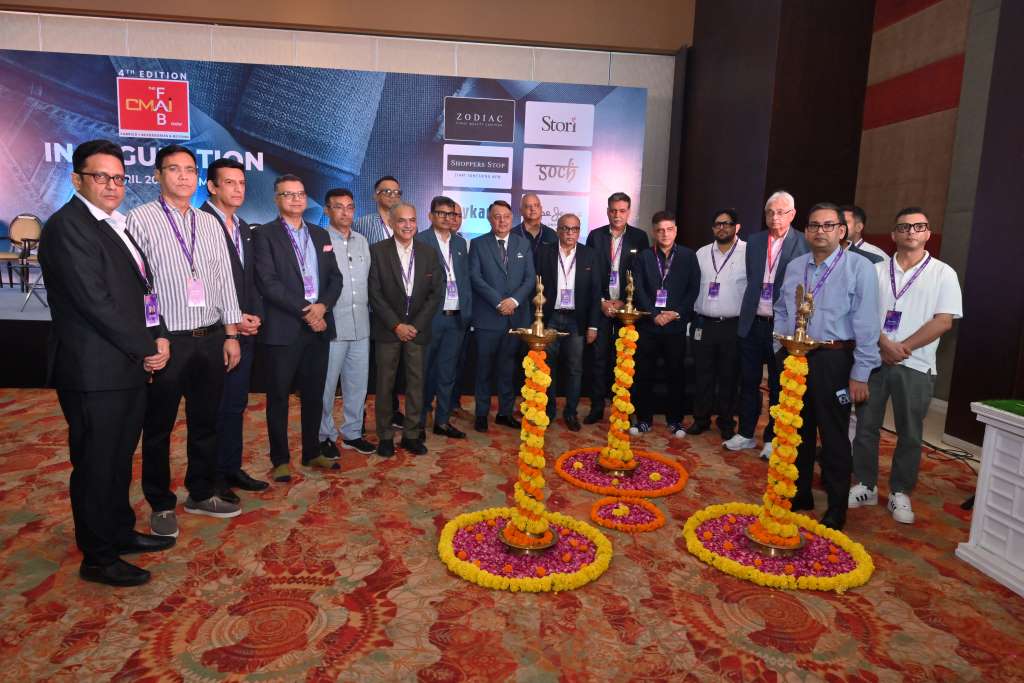
E-commerce is fast emerging the most preferred channel for trading and retailing, be it business to business trade or business to consumer retail. Having become a worldwide transactional platform, there is an urgent need for the rules and regulations to be standardized so that they can be applicable across countries.
WTO’s role
A group of 71 WTO members agreed at the 11th Ministerial Conference in December 2017 to initiate exploratory work towards future WTO negotiations on trade-related aspects of e-commerce. Open to all member-states, as of January 2021, the total number of participating nations was 87, accounting for 90 per cent of global trade. At the behest of member-states, the WTO had launched this joint initiative to achieve a high standard outcome that builds on existing WTO agreements and frameworks with the participation of as many WTO members as possible.
The negotiations are based on textual proposals from members, made available to whole WTO membership. They are conducted through a combination of plenary sessions, focus groups and small group meetings. The issues raised in members' submissions are discussed under six main themes: enabling electronic commerce, openness and electronic commerce, trust and digital trade, cross-cutting issues, telecommunications, and market access. Throughout the negotiations, participants have been encouraged by the co-conveners to consider the opportunities and challenges faced by members, including developing and least-developed countries, as well as by small businesses.
India’s two non-binding proposals to WTO
As per an AT Kearney report, India has emerged a big e-commerce player. It stated while the total value of e-commerce was $4 billion in 2019, by 2030 India’s e-commerce will grow tenfold to be worth $40 billion. As a leading player, India has an important seat at the WTO-87 member-state joint initiative table. India submitted two proposals, pushing the agenda towards broader discussions consumer protection and digital infrastructure in e-commerce.
Since most of the 87 members participating in this joint initiative are developed nations, India represents the voice of developing and under-developed nations that are facing the impact of worldwide e-commerce and its rapid increase as the preferred transactional platform. The two proposals from India has received due attention with member states agreeing to review the discussion points, ensuring situations in developing and under-developed countries are given equal importance whilst formatting the regulatory practices.
India’s proposal on consumer protection tabled in December 2022 is a comprehensive list of challenges that consumers face relating to misleading ads, online payment security, unfair terms, data protection and dispute resolution. It has emphasized on the need to jointly address these issues by countries owing to rapid growth of cross border e-commerce, besides pointing to the wide gaps in the level and standards of consumer protection across the world.
The second proposal was tabled in January 2023 and the first round of discussions will commence in the fourth week of February 2022. This proposal discusses the digital public infrastructure that facilitates e-commerce and India brings forward the challenges that limits the adoption of e-commerce including the domination of a few large corporates and limited access to digital solutions due to copyright and proprietary issues. The proposal urges participants to closely look at how these affect developing and under-developed nations who can benefit with more accessible and user-friendly regulations.
Need to review e-commerce consumer protection
As India experiences economic boom, e-commerce will be a critical component. Millions of online shoppers are added every year. And the current scenario is no longer about entry-point items as people are making high-value items online. The government has begun work on a ‘India-specific model’ for big sellers to collaborate with new ones. The move is a part of the government’s review of the draft consumer protection rules for e-commerce.
The Ministry of Commerce and Consumer has been in dialogue with e-commerce giants of Indian and international origin, to understand the draft guidelines. The draft clearly lists consumer concerns as well as the concern of international entities vis-à-vis local sellers. The ministries engaged in this dialogue are clear that consumer protection will never be compromised while ensuring conflict of interest for sellers is avoided.

